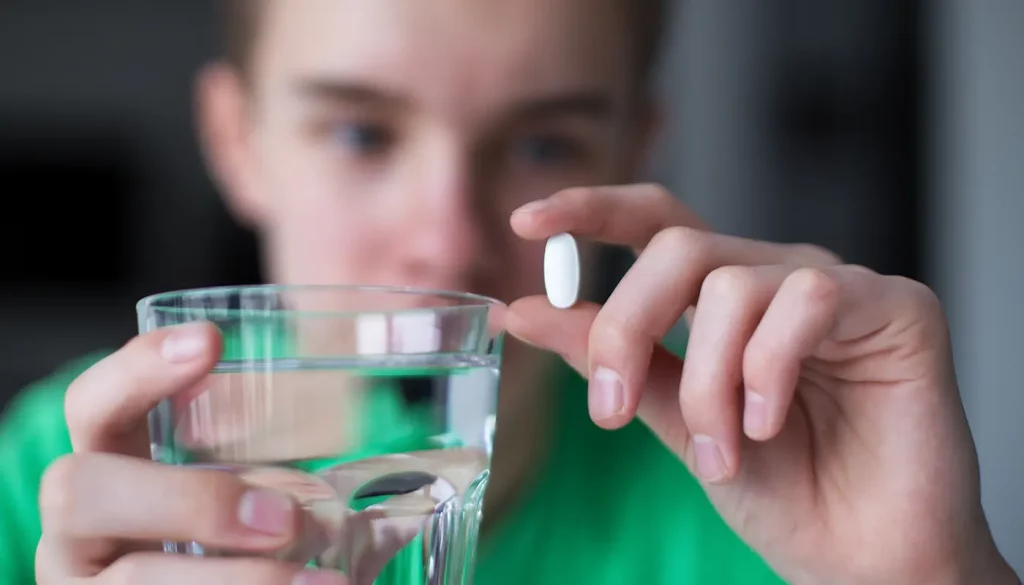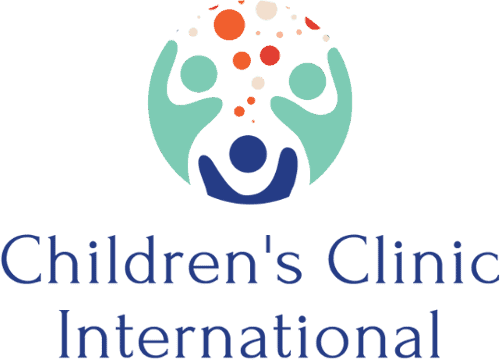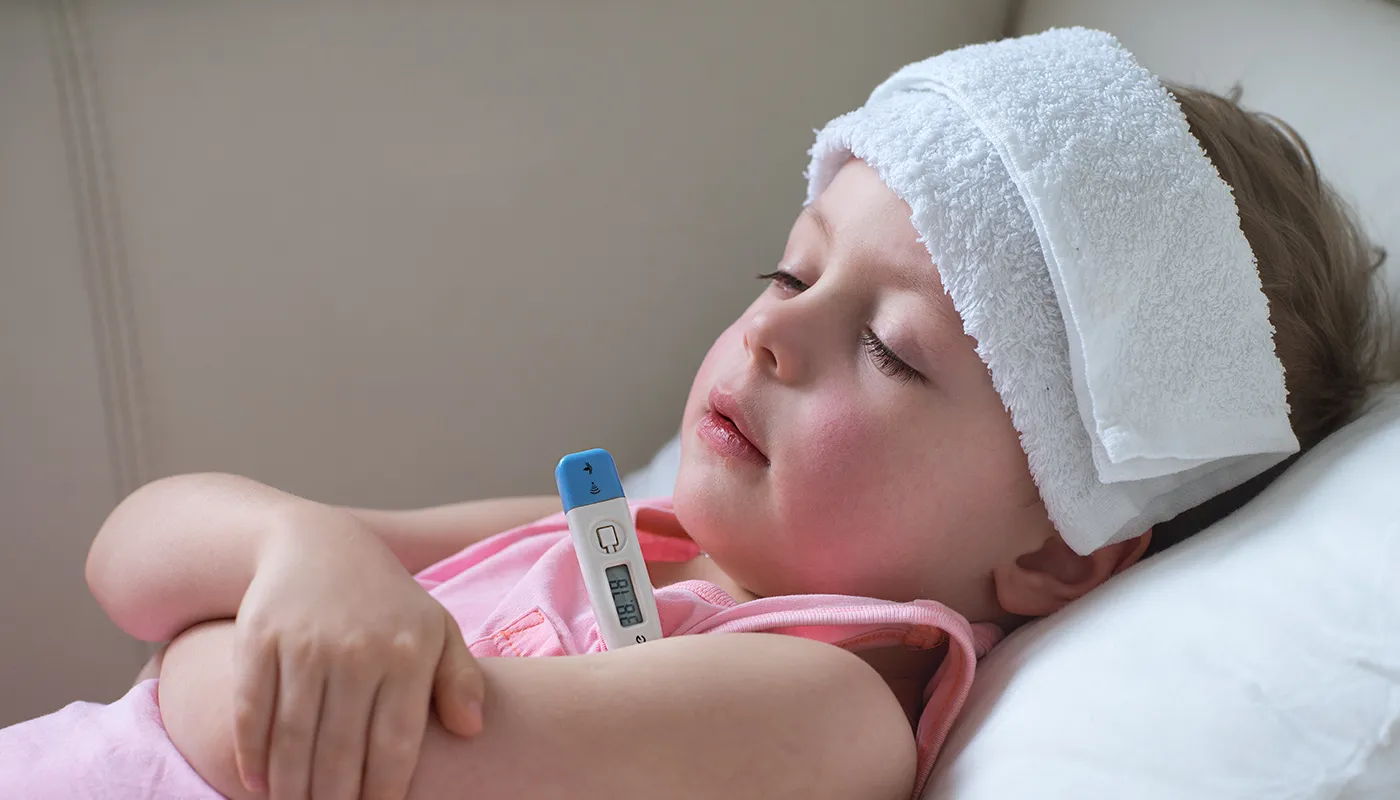Moving to Singapore with Kids: A Pediatrician’s Guide to Navigating Singapore’s Healthcare

31st January 2024 Health Singapore Healthcare
Many parents who come to Singapore tend to worry about healthcare, particularly when it comes to their children’s wellbeing. Parents often have numerous questions and concerns, ranging from illnesses that are common in tropical climates, such as dengue fever, to how the Singaporean healthcare system manages various health conditions, prescribed medications, general health check-ups, health screenings, and vaccinations.
Singapore’s Healthcare System

Firstly, Singapore has a very modern healthcare system, often considered amongst the best and the most advanced and effective in the world, and proud of being a medical destination for high-quality care throughout Southeast Asia. More than half a million visitors, children and adults, travel to Singapore each year for medical care. I see many families who live from Bali to Yangon and come here for care and medical treatment.
Singapore’s healthcare caters to both public and private medical groups. It is a universal healthcare system that balances supporting the needs of lower-income Singaporeans, an aging population, and trying to limit healthcare inflation. At its core is a government-mandated medical savings plan for citizens, permanent residents (PRs), and, less commonly, some just working here. These can be spent on acute care, medication, and insurance (even on a private policy) and the long-standing belief that some cost-sharing by patients is good.
Similar to many countries, much care is provided by general practitioners (GPs), especially for children aged five and above five. As a US-trained pediatrician, it is normal for me to care for healthy and sick children from birth to college age. But Singapore traditionally has relied more on public healthcare for vaccines, childhood immunizations and hospitalizations, and GP provided acute outpatient care.
One great advantage is price transparency. Nearly in all cases it is easy to know the cost of a medical visit, medication, vaccine, or test. While healthcare subsidies and benefits are extended to Singapore citizens and PR, the expat community who are staying and working in Singapore should expect the cost payable for clinic visits, surgeries, and nearly all care is mandated by the government (and reasonably accurate). Employer provided insurance generally covers this, though plans have become much more limited and restrictive over the last decade.
Approach and Medications

All routine care is, of course, available. While some medications are not available or only available in certain forms (like pills rather than liquids), nearly all important and routine medicines for children are available. Many times, we have to use pills for kids for lack of other options, but it is surprisingly easy even for infants. Compared to most of the world, Singapore recommends far more medications for common illnesses (some that haven’t been used in children in decades), but that is also changing, especially with the government’s public education campaigns to limit unnecessary medications, especially antibiotics.
Children with chronic health problems can expect very good care. There are some exceptions, primarily for issues not often seen in Southeast Asians, but an experienced pediatrician will know how to recognize and help with these. Virtually every sub-specialty in pediatrics is represented by very well trained and experienced doctors in both the public and private systems. Singapore has many providers who have great experience in other areas, like dieticians, speech and physical therapists, and child psychologists. A large number of themare multilingual and can help children for whom English is not their first language.
There are some differences in the approach of care, mostly cultural. There is still a deference doctors too often expect to not question their diagnosis and recommendations compared to what most of the world accepts, even if you are advocating for your child, but this is thankfully changing. Yes, a woman in 2022 was sentenced to jail for a week and fined for calling a doctor “stupid,” but most of us here are more laid back. Your pediatrician should recommend the right people and places for you and your child.
Overall, Singapore has a very modern health-care system, appropriately regarded as amongst the best in the region and the world. Some gaps exist, but most are cultural and historical and will not provide any major worries for parents, especially with a good doctor to coordinate care.

About Author
This article is written by Dr Leo Hamilton, who is a US board-certified Paediatrician since 2003. Dr Leo relocated to Singapore in 2011, caring for expat and Singaporean children from newborns at delivery to teenagers. Beyond his background in Hematology/Oncology, he has an interest in asthma, behavioural issues (primarily ADHD), teen health, and modern management of routine childhood illnesses such as ear infections, bronchiolitis, and pneumonia.


